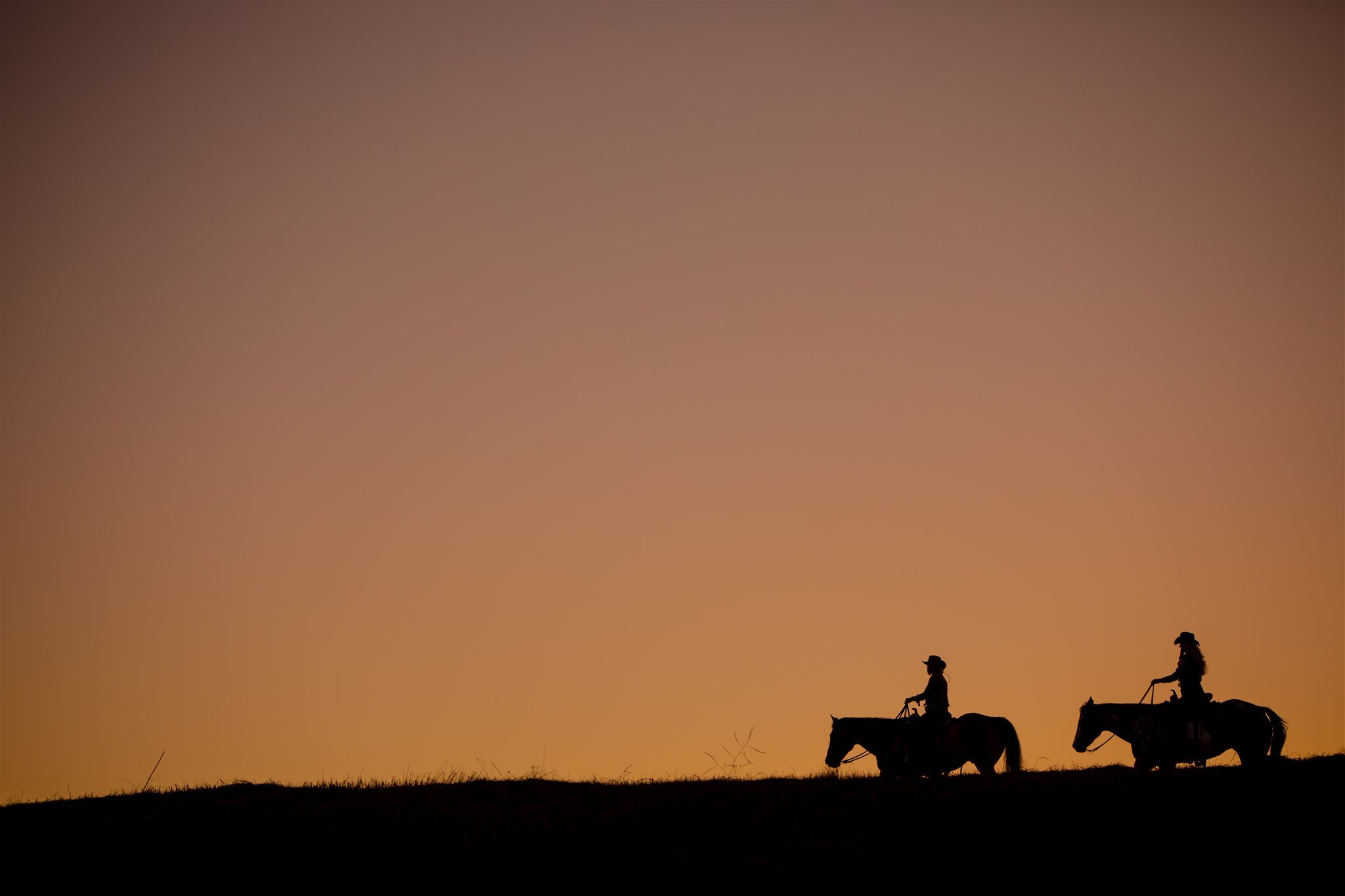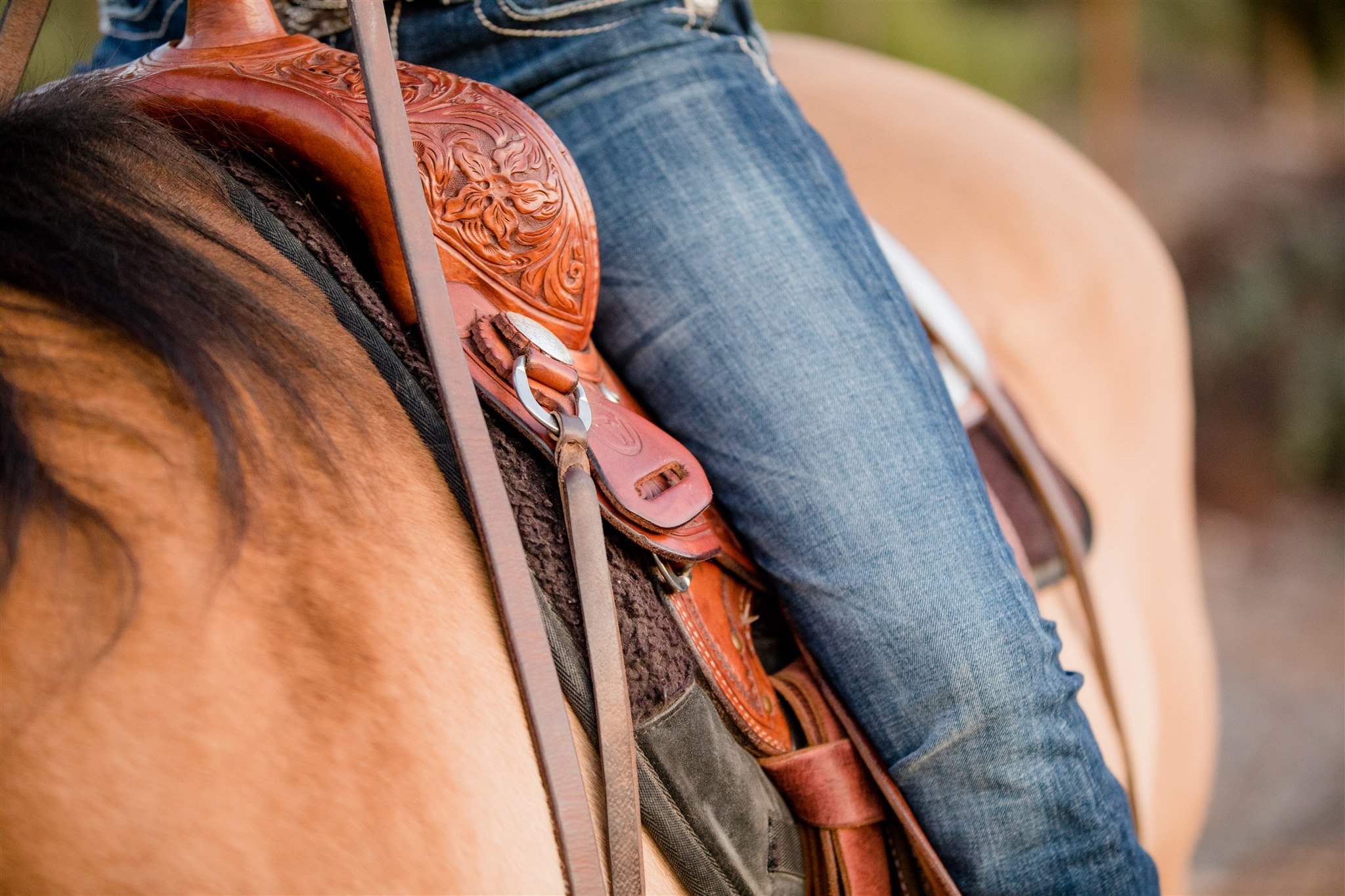
A good rider can hear her horse speak to her, a great rider can hear her horse whisper.
EQUINE CULTURE & RIDING
Our approach paves the way for humans to become more attuned to equine culture and herd language. This approach fosters a deeper understanding of the equine mind and culture, enabling horses and humans to connect on a new level of confidence and mutual respect.
As both the horse and human develop individual confidence and communication skills, they create a synergy that leads to a harmonious partnership, co-created through trust and collaboration.
Equine Culture and Mind
Take a moment to consider the horse, and perhaps even think like one. It’s important to remember that horses are herbivores, prey animals, and their way of thinking is very different from that of humans or dogs. As omnivores, humans embody traits of both predator and prey, which is why it was the predator within us that allowed us to domesticate animals like dogs and cats.
In fact, as humans, we are naturally the horse’s predator. (I’m constantly in awe of the trust these majestic beings offer us—what an honor!) So, let’s consciously and purposefully learn the language of the horse, with the goal of communicating in harmony with this sentient being.
Herd Language & Connection
Horses are deeply social creatures, preferring to live in herds, and their primary mode of communication is body language. They rely more on positive reinforcement with one another rather than punishment. From interactions in the stall or pasture to grooming, leading, tacking up, groundwork, and riding, our body language and emotional state is constantly speaking volumes to the horse.
Horses also have unique personalities and take on natural roles and responsibilities within the herd. By understanding herd language, personality traits, and the roles horses naturally fulfill, we can better inspire them to co-create with us and give us their heart and soul in partnership.
As prey animals, horses have highly developed senses and are incredibly attuned to the intentions of those around them. Just as humans have a "gut feeling" or intuitive sense, horses are often highly perceptive of energy and emotions. Some horses display their feelings of frustration, confusion, or fear openly, while others internalize them, freezing up or showing little outward signs until their emotions erupt. The more we tune in and learn to feel the energy and emotions of a horse, the clearer and more concise our communication becomes, which is when the beautiful dance of harmony and synergy begins.
As horsemen and horsewomen, it's essential to observe and understand equine language in their world, on their terms. By learning this non-verbal, intuitive language, we not only develop a deeper connection with the horse, but we also tap into our own intuition, self-awareness, and growth—leading us on a journey that transcends horsemanship.


